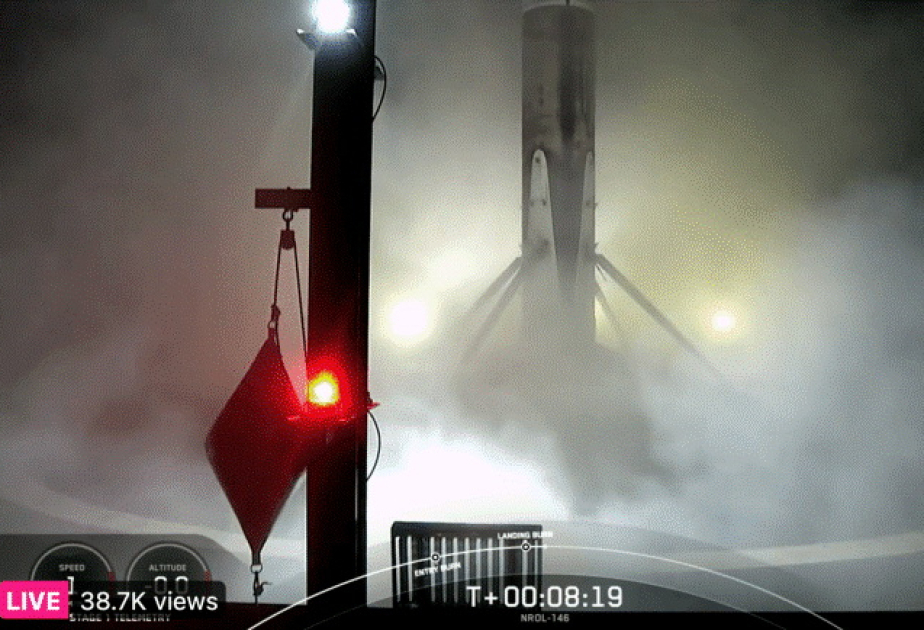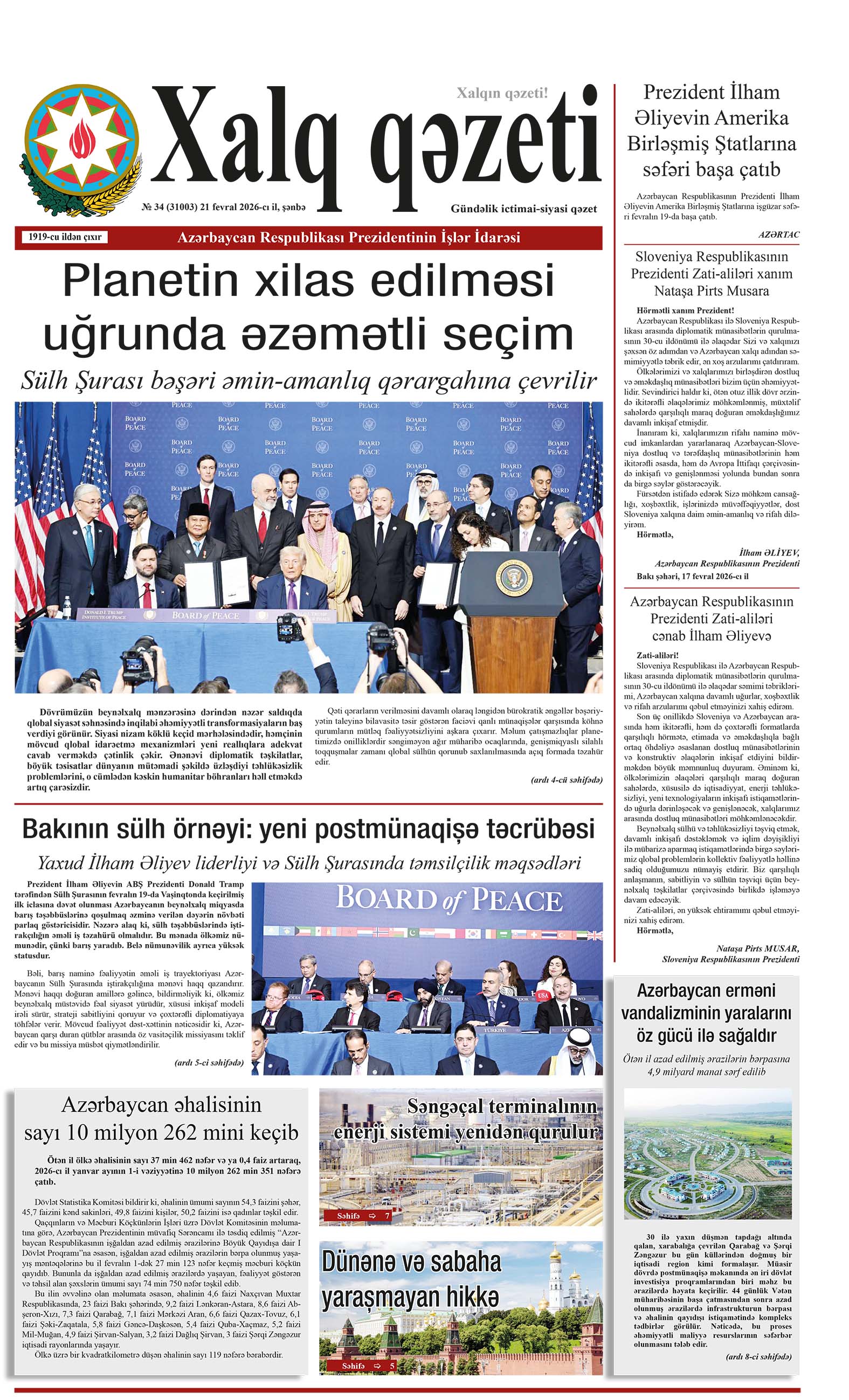SpaceX launced a pioneering set of spy satellites for the U.S. government early on Wednesday morning, according to Space.com.
A Falcon 9 rocket carried the NROL-146 mission for the National Reconnaissance Office (NRO) to space after liftoff from California's Vandenberg Space Force Base at 4 a.m. EDT (0800 GMT; 1 a.m. local California time).
We don't know much about the payloads sent to space as part of the NROL-146 mission, which isn't surprising; the NRO typically reveals little about its satellites' activities and capabilities. For the same reason, there was no footage of the stages of the Falcon 9 rocket separating.
Around six minutes after launch, the first stage of the Falcon 9 rocket began its entry burn, a key step in its safe return to Earth.
The first stage touched down on the drone ship Of Course I still Love You, stationed in the Pacific Ocean, around nine minutes after launch. This was the 16th launch and landing for this particular Falcon 9 first stage rocket, according to SpaceX.
In a prelaunch mission description, NRO stated that NROL-146 will be "the first launch of NRO's proliferated architecture." The agency explained a bit more about that architecture when discussing the mission's tagline, "Strength in Numbers."
That motto "describes the NRO's new strategy of a proliferated overhead architecture — numerous, smaller satellites designed for capability and resilience," NRO officials wrote.
It's therefore probably safe to assume that multiple small satellites launched as part of the NROL-146 misison, rather than a single bulky spacecraft.
A SpaceX mission description didn't say where the satellites are headed or give an expected time for their deployment, details that SpaceX usually includes for non-classified missions.
Wednesday morning's launch was the 52nd orbital liftoff for SpaceX in 2024. Of this year's 52 launches to date, 36 have been devoted to building out the company's Starlink broadband constellation.


















